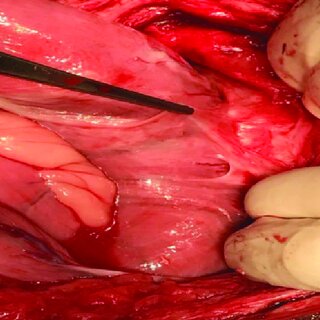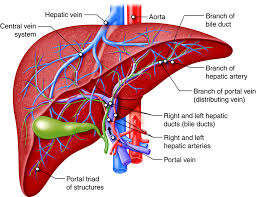The Role of Preventive Care in Reproductive Health

Preventive care encompasses proactive medical and lifestyle interventions that identify potential issues early, promote overall well-being, and reduce the likelihood of complications. Understanding and utilizing preventive care strategies is key to maintaining reproductive wellness for expecting mothers and families. Let’s examine the main ways preventive care positively impacts reproductive health.
Detect Issues Early Through Screenings
Regular screenings offer the means to detect potential reproductive health concerns early. These include screenings for cervical cancer, sexually transmitted infections (STIs), and other underlying conditions that could affect fertility or pregnancy outcomes. For instance, Pap smears and HPV tests help in identifying cervical abnormalities early, allowing timely intervention. STI testing may prevent complications, including infertility and the risk of transmission during pregnancy.
Prenatal screenings aid in monitoring maternal and fetal health for mothers-to-be. Tests for conditions such as gestational diabetes or preeclampsia are fundamental in reducing risks during pregnancy. Early detection through screenings makes sure that appropriate medical interventions can be implemented.
Risk Reduction During Pregnancy
Preventive care improves pregnancy outcomes by identifying and addressing potential health risks. Prenatal care visits are structured to track both maternal health and fetal development. Assessments of blood pressure, weight gain, and blood sugar levels are often helpful in detecting gestational complications. These observations make it possible to mitigate risks associated with conditions like preeclampsia or gestational diabetes.
Lifestyle counseling during prenatal care is another preventive care aspect supporting maternal health. Adjustments in diet, exercise habits, and stress management contribute to a healthier pregnancy. Preventive care providers often guide expecting mothers to adopt tailored changes that maximize maternal and fetal well-being.
Support Postnatal and Long-Term Health
Postnatal care remains a core element of preventive care, emphasizing recovery and sustained reproductive wellness. Monitoring maternal health after delivery makes sure that complications such as infections or postpartum depression are addressed promptly. Counseling regarding contraception options also supports family planning and helps mothers space out subsequent pregnancies effectively.
Beyond the postpartum period, preventive care measures bolster long-term reproductive health. Regular gynecological check-ups facilitate monitoring, helping to identify and manage any chronic conditions or emerging concerns. This continuity of care lays the foundation for maintaining reproductive wellness through various life stages.
Enhance Reproductive Wellness Through Counseling
Counseling services provide individuals and families with invaluable insights into lifestyle factors impacting reproductive wellness. Guidance on nutrition, physical activity, and stress management helps maintain balanced hormonal levels and supports overall reproductive health. Providers also engage in educating families about reducing exposure to environmental toxins and harmful habits, such as smoking or excessive alcohol intake. Smoking and excessive alcohol intake often affect reproductive wellness negatively. This tailored counseling enables individuals to make informed decisions that align with their health goals.
Schedule Your Reproductive Health Consultation Today
Preventive care is key in safeguarding reproductive wellness, offering early detection, risk reduction, and guidance for sustained wellness. Regular screenings, prenatal and postnatal care, and lifestyle counseling are key in optimizing maternal and reproductive health outcomes. Schedule your reproductive health consultation today to explore personalized care plans and expert guidance.
- What to Expect When Visiting a Foot and Ankle Specialist
- Causes of PTSD
- The Link Between Plantar Fasciitis and Weight Gain: What You Need to Know
- How Pet Ownership Can Positively Impact Life with Fibromyalgia
- The Importance of Stretching and Flexibility in Sports Medicine
Dr. Emma Green is a health and wellness expert with over 10 years of experience in nutrition and fitness. Passionate about helping others live their healthiest lives, Dr. Green shares practical advice on wellness, nutrition, and sustainable living through LivingSpristine.






